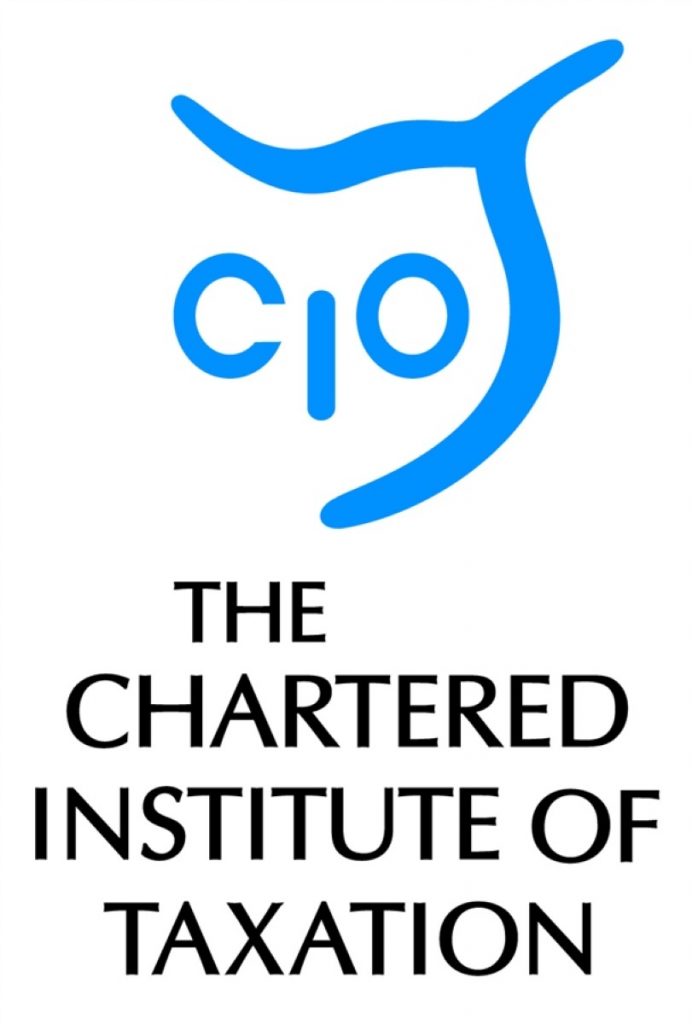The Chartered Institute of Taxation (CIOT) has called on the Government to rethink its approach to ensuring online sellers pay the correct amount of VAT.
Non-EU traders who sell goods to UK consumers via online marketplaces are not always paying the correct amount of VAT and duty to Britain’s HMRC, even though these traders should normally register for VAT in the UK and charge VAT on these sales.1 Popular online marketplaces include eBay and Amazon.
Under HMRC’s proposal overseas traders would appoint a UK tax representative who will be liable for their VAT and/or would need to provide security to guarantee payment. If these traders fail to comply and online marketplaces do not help stop the abuse, the online marketplaces themselves will become jointly and severally liable for the unpaid VAT.2
The CIOT has told HMRC that its proposal3 is at risk of capturing too many businesses through the use of imprecisely defined terms, such as a ‘fulfilment house’ (which include online marketplaces). This risks many businesses, including SMEs, being burdened unnecessarily. 4 The CIOT also told HMRC that it believes the primary targets should be those overseas sellers who seek to evade the tax and not legitimate UK businesses which unwittingly deal with them.
Peter Dylewski, Chair of the CIOT’s Indirect Taxes Sub- Committee, said:
“We fully support HMRC’s will to tackle this issue because internet trading makes it easy for overseas businesses to sell into the UK, but difficult for HMRC to ensure that UK VAT is being properly declared.
“Our concern with HMRC’s proposal is that it targets intermediaries in the supply chain and not those who are failing to comply. On the one hand, this places a burden on legitimate UK business and on the other hand it may unintentionally give the impression to potential tax evaders that they will not be pursued by HMRC.
“We would therefore urge the Government to explore a fairer and more effective approach.”
The CIOT is encouraging HMRC to explore other possible solutions, such as the undisclosed agency route; the online marketplace could remit the VAT on the full sale price of the goods to HMRC and the proceeds (net of its commission) to the seller. Overseas businesses could opt out of this arrangement if they could prove they are tax compliant or not actually in business.
The consultation forms part of a package of measures announced in Budget 2016.
Notes for editors
1. The Treasury estimates the VAT loss attributed to sales by overseas businesses via online marketplaces to be as much as £1-1.5 billion (for 2015-16).
2. Joint and several liability is a legal term that refers to the ability of a creditor or someone to whom something is due to seek redress from two or more persons.
3. HMRC’s Consultation Document on the Fulfilment House Due Diligence Scheme can be seen here: https://www.gov.uk/government/consultations/fulfilment-house-due-diligence-scheme
4. Many of these non-EU sellers make use of UK-based fulfilment house businesses to store, pack and/or deliver their online orders, and HMRC’s proposals require the fulfilment houses to register for the scheme and maintain accurate records. They will also have to evidence the due diligence they have undertaken to ensure that their overseas client is a bona fide supplier ie one that is VAT registered in the UK, or legitimately non-registered here (for example, because they make no supplies to UK customers). The consequences of not doing this are tough and non-compliant UK fulfilment houses may be prevented from trading.
5. The CIOT’s submission can be read here: http://www.tax.org.uk/policy-technical/submissions/fulfilment-house-due-diligence-scheme-ciot-comments
6. The Chartered Institute of Taxation (CIOT)
The CIOT is the leading professional body in the United Kingdom concerned solely with taxation. The CIOT is an educational charity, promoting education and study of the administration and practice of taxation. One of our key aims is to work for a better, more efficient, tax system for all affected by it – taxpayers, their advisers and the authorities. The CIOT’s work covers all aspects of taxation, including direct and indirect taxes and duties. Through our Low Incomes Tax Reform Group (LITRG), the CIOT has a particular focus on improving the tax system, including tax credits and benefits, for the unrepresented taxpayer.
The CIOT draws on our members’ experience in private practice, commerce and industry, government and academia to improve tax administration and propose and explain how tax policy objectives can most effectively be achieved. We also link to, and draw on, similar leading professional tax bodies in other countries. The CIOT’s comments and recommendations on tax issues are made in line with our charitable objectives: we are politically neutral in our work.
The CIOT’s 17,600 members have the practising title of ‘Chartered Tax Adviser’ and the designatory letters ‘CTA’, to represent the leading tax qualification.
Contact: Hamant Verma, External Relations Officer, 0207 340 2702 HVerma@ciot.org.uk (Out of hours contact: George Crozier, 07740 477 374)





-01.png)